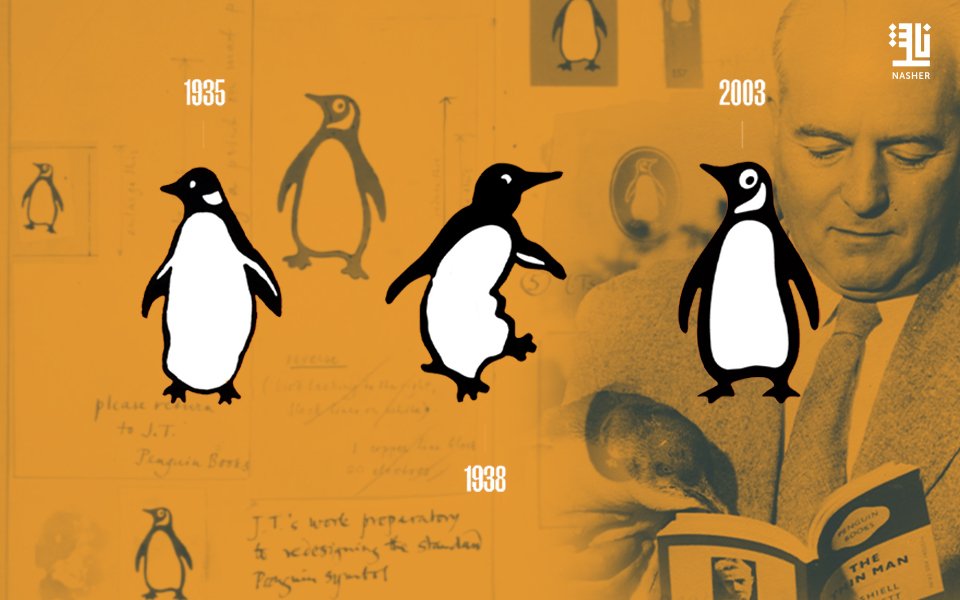Penguin UK CEO Tom Weldon is the latest inheritor of the Penguin brand which is celebrating its 90th birthday this year. In a thoughtful article in the Bookseller he noted that founder Allen Lane’s vision for his revolutionary line of cheap paperbacks was both “missionary and mercenary”. He wanted to grow the market, but to do so profitably.
Today that vision is the same, albeit on a grander scale as Penguin Random House. Weldon says: “Profit doesn’t define us, but it sustains us. We’re a business and a cultural institution. And if you do both of those things, you’re not misusing your power.”
Bookseller editor Philip Jones notes that Ninety years on, Penguin could hardly be feeling more satisfied. The publisher – now Penguin Random House (PRH) – is part of the €19bn Bertelsmann Group, of which PRH contributes €4.9bn, with UK sales making up 10% of that figure. It is, by some stretch, the biggest trade publisher in the UK and the world, and continues to agglomerate.
All those years ago,Lane chose a Penguin to represent his brand because, in his words, the penguin was dignified, but flippant. He sent a staffer to London Zoo to make sketches. “He thought what publishers do really matters, but he didn’t think publishers should take themselves too seriously.” Weldon is heir to that perspective. He cuts a positive figure, well-briefed and thoughtful. He is a fan of publishing, the cut and thrust of the business, as well as the books. “I can’t bear people who say: ‘Oh, publishing today. It’s so boring.’ Absolute nonsense. The only difference now is that people drink less at lunchtime – which is as it should be. Otherwise, it’s still a fantastically exciting and fun business.”
The goal still remains to expand the market. “I think a true mass market only exists very occasionally in our industry,” says Weldon, pointing to break-outs such as Prince Harry’s Spare, Harry Potter and Fifty Shades. Instead, he argues, the best publishers mine niches. “One of the reasons why book publishing has actually been sustained in the last 20 years, and why it’s in a very fortunate position now, is because publishers have always been very good at reaching and monetising pretty discrete consumer niches. And, in a very fragmented media landscape, which is only getting more fragmented, that is a huge advantage and skill that many people don’t understand.”
He speaks much about responsibility and respecting different opinions. We are editorially led,” he says. “I absolutely think that is sacrosanct. We haven’t stayed away from difficult or controversial books. But I feel, as a company, and indeed as an industry, we’ve actually navigated this pretty well. I think it’s finding the editors and publishers who are prepared to do that. And we’re very clear to people when they come into the company that they might work on books that they disagree with. And if they have an issue with that, then this isn’t the place for them to be.”







